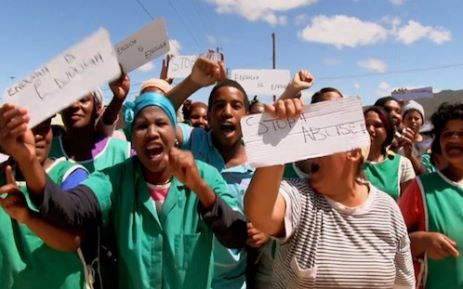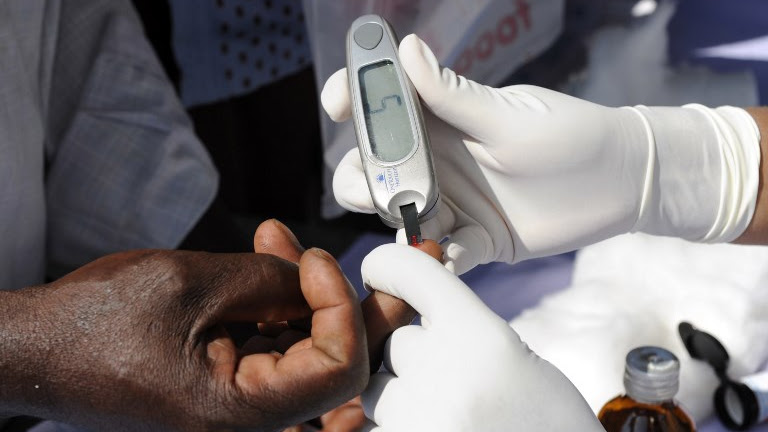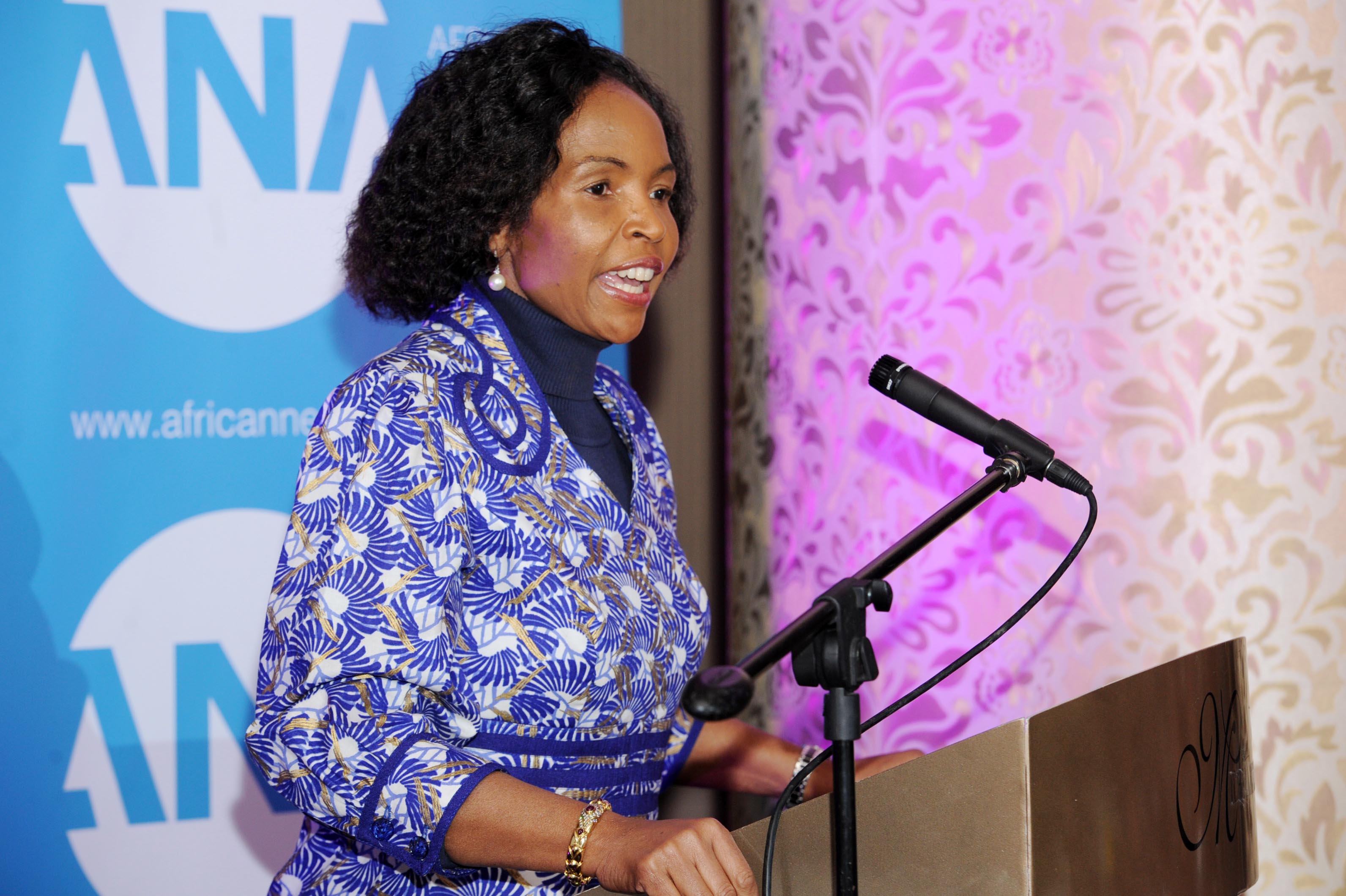The upholding of convictions and sentencing of two female US citizens by a federal appeals court in Minnesota in August, found guilty of conspiring to funnel money to a terrorist organization in Somalia, has added to the debate on the role of women in terrorist activities. They are said to have posed as humanitarians and solicited money in the name of charity, which was instead channeled to Al-Shabaab. This particular case further challenged conventional thinking that assumes women to be passive victims of male dominated criminal activities.[1]
Narrowing down to Kenya, the number of cases of women’s involvement has been on the increase in the recent past. In March, three young women were arrested in Elwak on the Somali border on suspicion of being on their way to join Al-Shabaab in Somalia, while in May, two other young women disappeared. [2] During the same month, two other Kenyan female students confessed to their families that they had gone to Syria to join the ISIS, one of whom was a ‘well-behaved part-time teacher.’ [3]
It is perceived to be against the norm when news of women’s participation in criminal activities breaks out, due to stereotypes associated with their nature as passive homemakers. These kinds of assumptions, however, divert attention and suppresses the role of women as active agents and so further questions need to be raised on the nature of women’s involvement and what prompts their participation in extremist activities and at what levels. Documented cases give diverse information on their role either as victims, direct perpetrators or indirect supporters of extremism and terrorist activities. Like men, women can act in capacities such as suicide bombing, leaders of militant groups, recruiters and mission operatives.[4] They can also act as sympathizers, mobilizers and supporters of radical ideology by offering encouragement, handling logistics such as hiding weapons under their clothing, cheering their sons and husbands to join the action and defending their male relatives at all costs.[5]
Although women’s traditional roles and position in society can explain their minimal numbers in terrorist activities, they are more vulnerable to being dragged, raped, physically coerced and emotionally and socially blackmailed including by family members especially in patriarchal societies. In some societies, their dressing gives a false perception of their nature while at the same time, their traditional positions as custodians of cultural, social and religious values can easily be capitalized upon by militant groups to pursue the latter’s objectives. It is no wonder therefore that in criminal gangs such as the ‘Buibui’ in Mombasa, Kenya, men disguise themselves in traditional Islamic women’s clothes known as the ‘buibui’ to commit acts of crime.[6]
In Kenya and Somalia, cases where women have acted in various capacities as agents, either willingly or due to coercion, have recently been on the increase, although this is not to deny their active roles especially as secret agents especially during independence struggles.[7] The two neighboring countries are faced with the threat of terrorism as well as a seemingly transforming position of women especially with the ushering in of their new constitutions in 2010 and 2012 respectively. It is, however, worth noting that patriarchy, rooted in deep cultural values, is still the norm in these countries regardless of new legislation in place. To understand the problem of violent extremism further, it is therefore worth the effort to explore its linkage to patriarchy.




